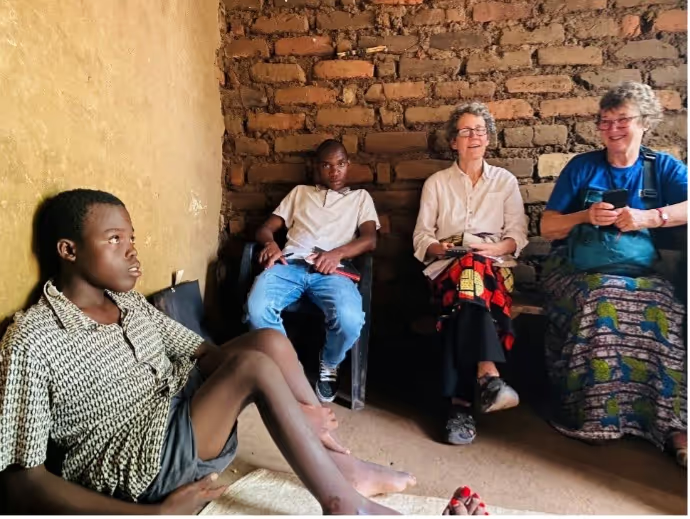The State of Palliative Care in Malawi-Progress, Challenges, and Community Impact
May 5, 2025
5
min read

Malawi has made notable strides in integrating palliative care into its health system, recognizing its critical role in reducing suffering and improving the quality of life for patients with serious illnesses. The Ministry of Health, in collaboration with organizations like the Palliative Care Association of Malawi (PACAM), has worked to include palliative care in national health policies, education, and service delivery.
Progress in Malawi:
- Policy Integration: Palliative care is now part of Malawi’s national health strategy, with services integrated into over 100 health facilities, primarily in urban areas.
- Education and Training: Palliative care is included in medical and nursing curricula, helping to build a workforce equipped to provide compassionate care.
- Advocacy and Support: PACAM and other organizations lead advocacy, technical support, and community education efforts.
Challenges Facing Malawi:
- Limited Rural Access: Most palliative care services are urban-based, leaving rural populations-where 85% of Malawians live-underserved.
- Resource Constraints: Shortages of essential medicines like morphine and a lack of incentives for trained providers hinder service delivery.
- Infrastructure Gaps: Some health facilities lack adequate space for palliative care, limiting consistent service provision.
Community Impact:
Despite these challenges, community-based initiatives such as Yathu Hospice in Lilongwe are making a difference by providing home-based care, psychosocial support, and bereavement services, especially in rural areas. These efforts are crucial in a country where cultural values emphasize dignity and support at the end of life.







